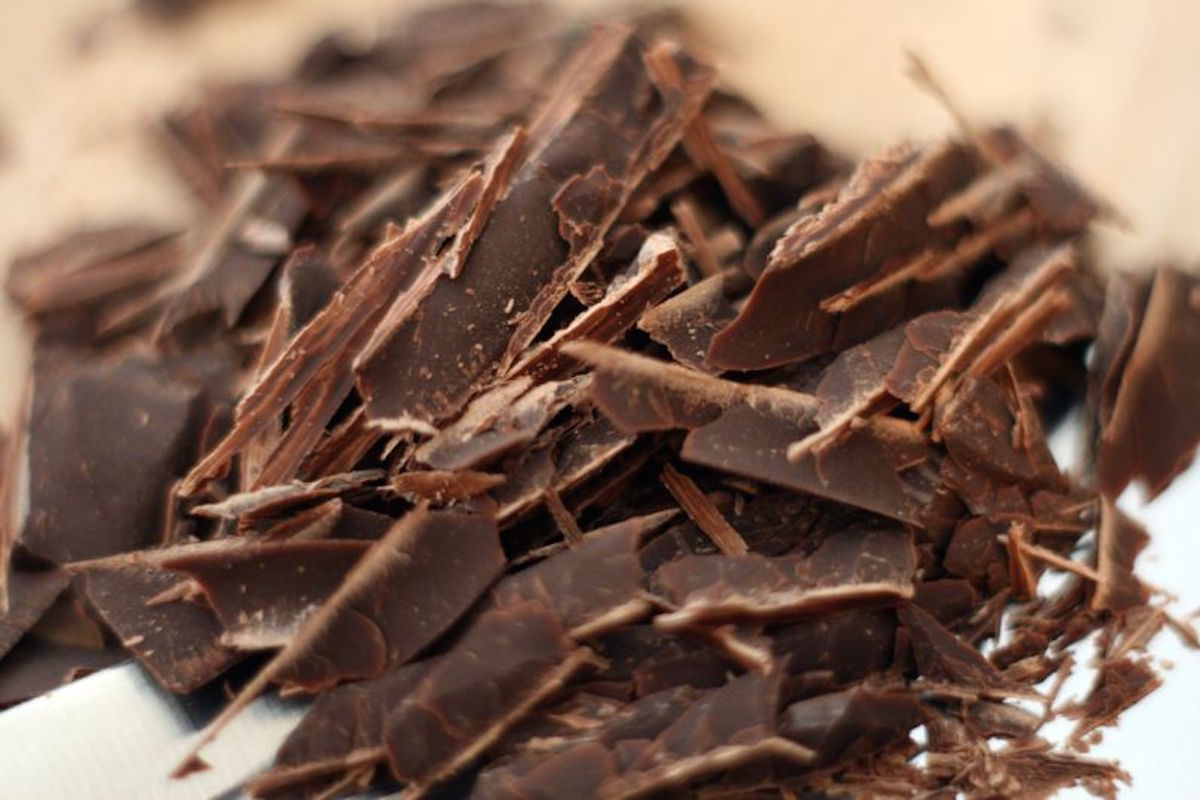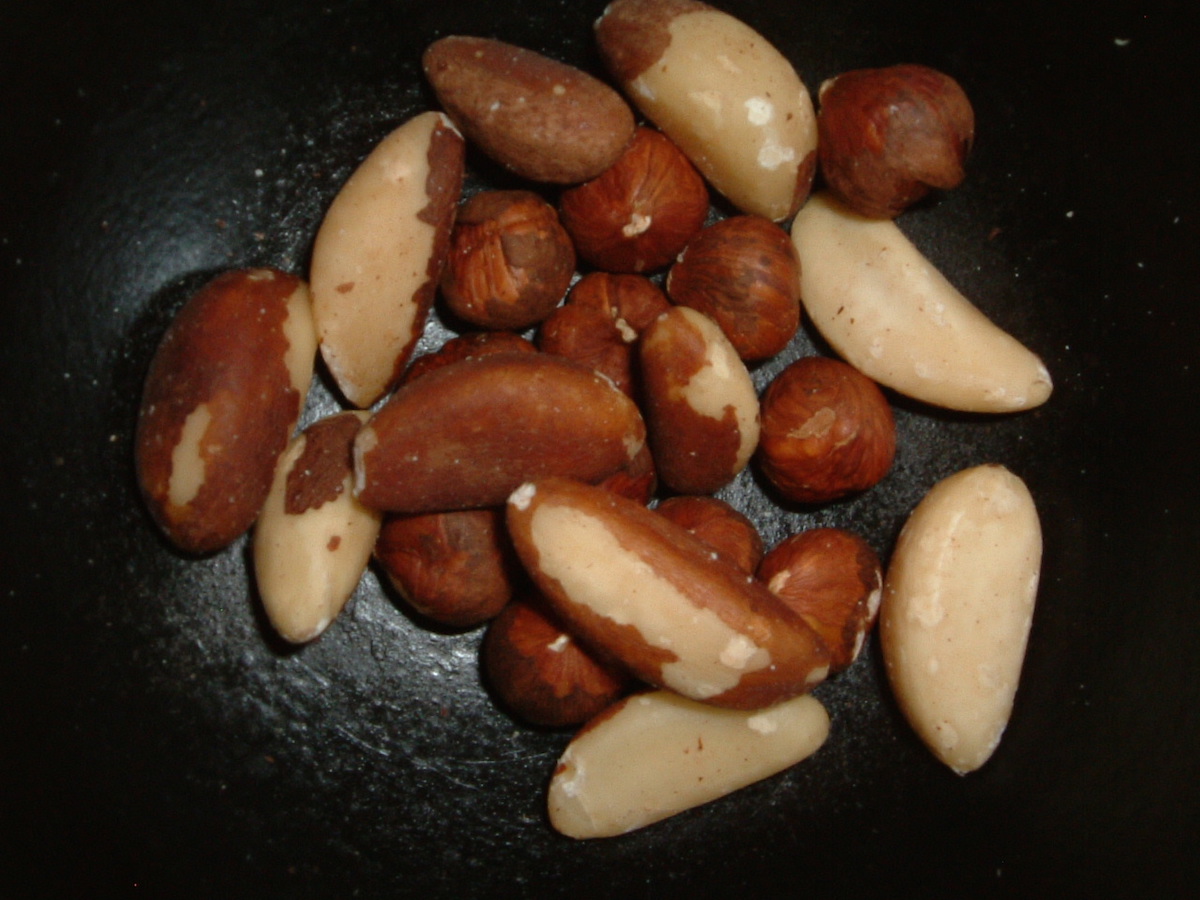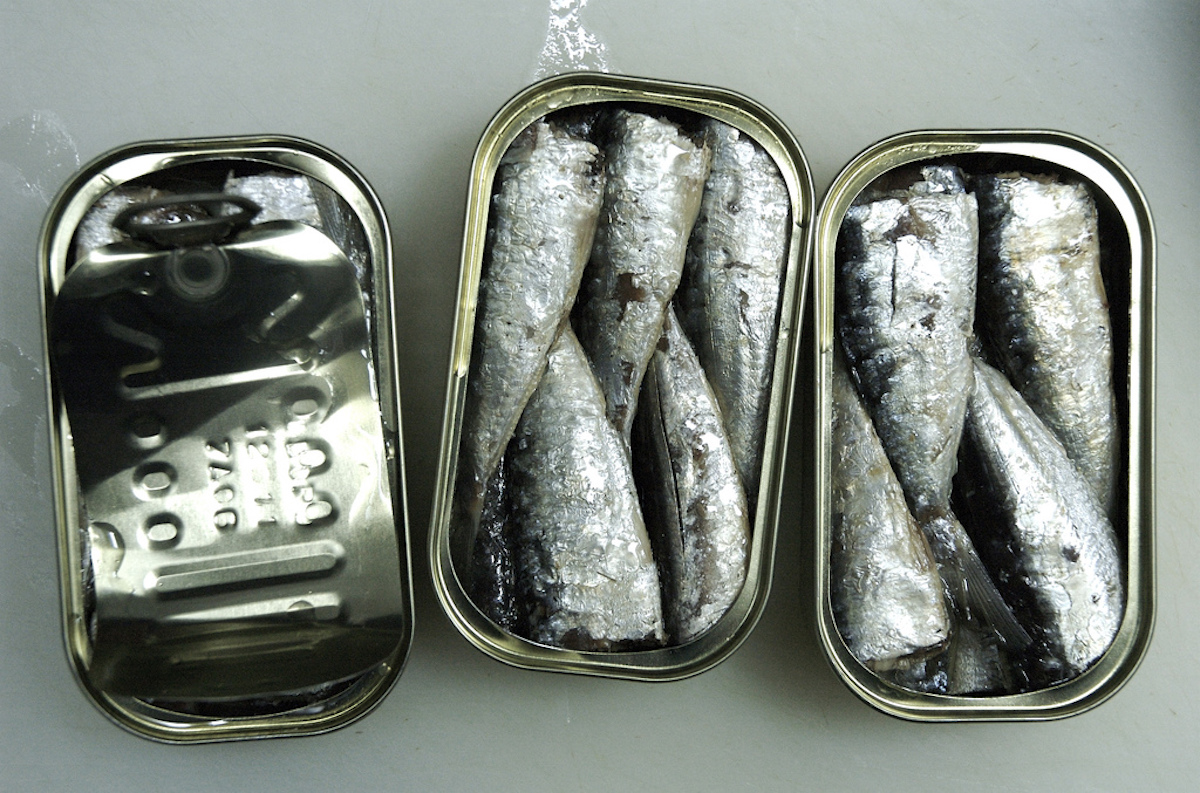Five Local Nutritionists On the Underrated Health Foods You Should Be Eating
From kale to chia seeds, there’s an endless cycle of trendy health foods. But which healthy ingredients have gotten lost in the shuffle?
Below, five Boston-based nutritionists tell us which foods deserve more attention:

Dark chocolate photo by Gail via Flickr/Creative Commons
Judith Mabel
What she does: Mabel is a functional medicine nutritionist and the owner of Nutrition Boston, which develops supplemental diet programs to alleviate disease.
What you should be eating: Garlic and dark chocolate.
Why: “The benefits of garlic are endless,” Mabel says of the classic aromatic. “It cuts cancer rates, prevents blood clots, regulates blood sugar, and it’s antiviral.”
And while Mabel isn’t giving her blessing to eat tons of dark chocolate, she does recommend it in place of other sweets. “Obviously no one should go crazy eating dark chocolate, but as far as desserts go, it’s totally underrated,” she says. “Dark chocolate really does reduce blood pressure and improve cardiovascular health.”

Brazil nuts photo by Caitlin via Flickr/Creative Commons
Kate Scarlata
What she does: Scarlata educates health professionals and patients about the importance of a diet low in “FODMAPS,” otherwise known as foods with poorly digested sugars and fibers.
What you should be eating: Brazil nuts and arugula.
Why: “[Brazil nuts are] an excellent source of bone-strengthening calcium, the inflammation buster magnesium, and boatloads of the antioxidant selenium, which plays a key role in thyroid function,” Scarlata explains.
Though arugula may seem like an obvious choice, Scarlata suggests we choose it more frequently over other leafy greens. “Arugula is one of the few plant sources of anti-inflammatory and heart-healthy omega-3 fats and potassium. Plus, two cups only have 40 calories,” she says.

Sardine photo by Stijn Nieuwendijck via Flickr/Creative Commons
Laura Hartung
What she does: Hartung offers healthy cooking demonstrations and motivational speeches on nutrition to Boston-based corporations.
What she eats: Sardines and legumes.
Why we should eat more of it: Sardines may get a bad rap, but Hartung says they’re packed with health benefits. “Sardines are seriously one of the healthiest foods you can eat,” she says. “They promote bone health, and are just packed with good fatty acids and vitamins.”
As for legumes, Hartung says that, while they’re common, they’re still not common enough. “We need to consume lentils and beans daily—they make dishes so much cheaper and more nutritious,” she says, suggesting black beans as a base for dips, stews, and desserts like brownies and cookie dough.

Coffee photo by McKay Savage via Flickr/Creative Commons
Kara Lydon
What she does: Lydon is a yoga teacher, nutrition coach, and blogger at The Foodie Dietitian.
What you should be eating: Coffee and onions.
Why: Your morning joe is a habit you shouldn’t feel guilty about, Lydon says. “Coffee provides one of the greatest sources of antioxidants in the American diet, and moderate consumption has been associated with a lower risk of developing type 2 diabetes, Alzheimer’s disease, and prostate and liver cancer,” she says.
Onions, too, are underrated, in Lydon’s opinion. “Most people know that onions add amazing flavor and aroma, [but] they don’t realize they’re also an excellent source of vitamin C and a good source of fiber and vitamin B6,” she says. “Plus, their sulfur-containing compounds and antioxidants like quercetin may help to protect against chronic diseases.”

Oyster photo by Jules Morgan via Flickr/Creative Commons
Marci Anderson Evans
What she does: Anderson Evans is a certified eating disorder dietitian, personal trainer, eating coach, food blogger, and owner of Marci RD Nutrition Counseling.
What you should be eating: Oysters.
Why: “Many people don’t know it, but oysters are a nutritional powerhouse,” Anderson Evans says. “They are packed with protein, healthy omega-3 fatty acids, iron, calcium, zinc, vitamin B12, and vitamin C. And recent research shows they have positive effects on raising healthy cholesterol and lowering unhealthy cholesterol.”


